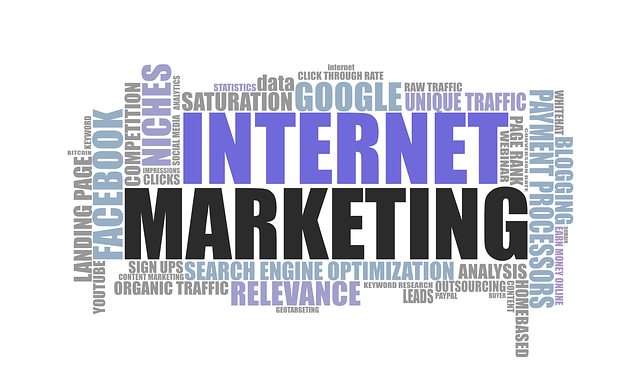AI is revolutionizing seafood dining by automating restaurant operations, enhancing efficiency, consistency, and quality. AI sustainability reporting for fish suppliers ensures ethical sourcing and environmental responsibility through real-time tracking and data analysis along the supply chain. This empowers informed decision-making, promotes sustainable fishing practices, and keeps consumers engaged with transparent information. Despite challenges like high implementation costs, overcoming these obstacles is crucial for seafood restaurants to stay competitive while meeting consumer demands for sustainable practices.
The future of seafood dining is here with the integration of AI automation in restaurants. From intelligent grill systems to efficient fryers, these technologies are revolutionizing how we enjoy sea-fresh cuisine. This article explores the multifaceted benefits of AI in the industry, focusing on enhanced sustainability through detailed AI sustainability reporting for fish suppliers. We delve into operational improvements while addressing challenges, providing insights for seafood establishments aiming to stay competitive and environmentally conscious.
- Revolutionizing Seafood Dining: The Role of AI Automation
- AI Sustainability Reporting: Ensuring Ethical and Eco-Conscious Fish Sourcing
- Streamlining Operations: Benefits and Challenges for Seafood Restaurants
Revolutionizing Seafood Dining: The Role of AI Automation

The future of seafood dining is here, and it’s powered by Artificial Intelligence (AI). By integrating automation into restaurants, AI is revolutionizing the way we experience and consume fish. From grill to fryer, AI-driven systems are enhancing efficiency, consistency, and quality in food preparation. This technological advancement not only benefits customers with superior seafood dishes but also has a significant impact on the industry as a whole.
AI sustainability reporting for fish suppliers is a game-changer in ensuring ethical sourcing and environmental responsibility. Automated systems can monitor and track every step of the supply chain, from fishing practices to transportation. This data-driven approach allows for better decision-making, promotes sustainable fishing methods, and keeps consumers informed about the origin and quality of their seafood. As AI continues to evolve, it promises a more transparent, efficient, and delicious seafood dining experience.
AI Sustainability Reporting: Ensuring Ethical and Eco-Conscious Fish Sourcing

In the realm of AI-driven seafood restaurants, automation extends beyond cooking and serving; it encompasses every aspect of the supply chain, including ensuring sustainable and ethical sourcing practices. AI sustainability reporting for fish suppliers is a game-changer in this regard. By leveraging machine learning algorithms, these systems can analyze vast datasets to trace the origins of seafood, verify certifications, and identify potential human rights or environmental violations. This ensures that only responsibly caught and ethically sourced fish end up on customers’ plates.
Through real-time monitoring and transparent reporting, AI sustainability tools empower restaurants to make informed decisions about their suppliers. This technology fosters a culture of accountability among both restaurants and fishermen, encouraging adherence to eco-conscious practices and fair labor standards. The result is not just improved environmental stewardship but also enhanced consumer trust in the seafood industry.
Streamlining Operations: Benefits and Challenges for Seafood Restaurants

In today’s competitive culinary landscape, seafood restaurants are increasingly looking to automation to streamline operations and enhance efficiency. AI-powered grills and fryers offer a promising solution, revolutionizing the way seafood is prepared and served. By leveraging machine learning algorithms, these systems can optimize cooking times, maintain consistent quality, and reduce waste—all of which contribute to improved sustainability reporting for fish suppliers.
While the benefits are significant, there are also challenges to consider. Implementing AI technology requires substantial investment in infrastructure and training, which can be a barrier for smaller restaurants. Additionally, ensuring the accuracy and reliability of AI systems is crucial to maintaining food safety standards and customer satisfaction. Navigating these complexities will be key as seafood establishments explore the potential of AI to stay competitive and meet the evolving demands of consumers conscious about sustainability.
The integration of AI automation in seafood restaurants presents a promising future for both culinary innovation and sustainable practices. By revolutionizing grilling and frying techniques, AI enhances taste and quality while ensuring efficient operations. Moreover, AI sustainability reporting for fish suppliers promotes ethical sourcing and eco-consciousness, addressing critical environmental concerns. While challenges exist, the benefits are substantial, making AI a game-changer in the seafood industry.
